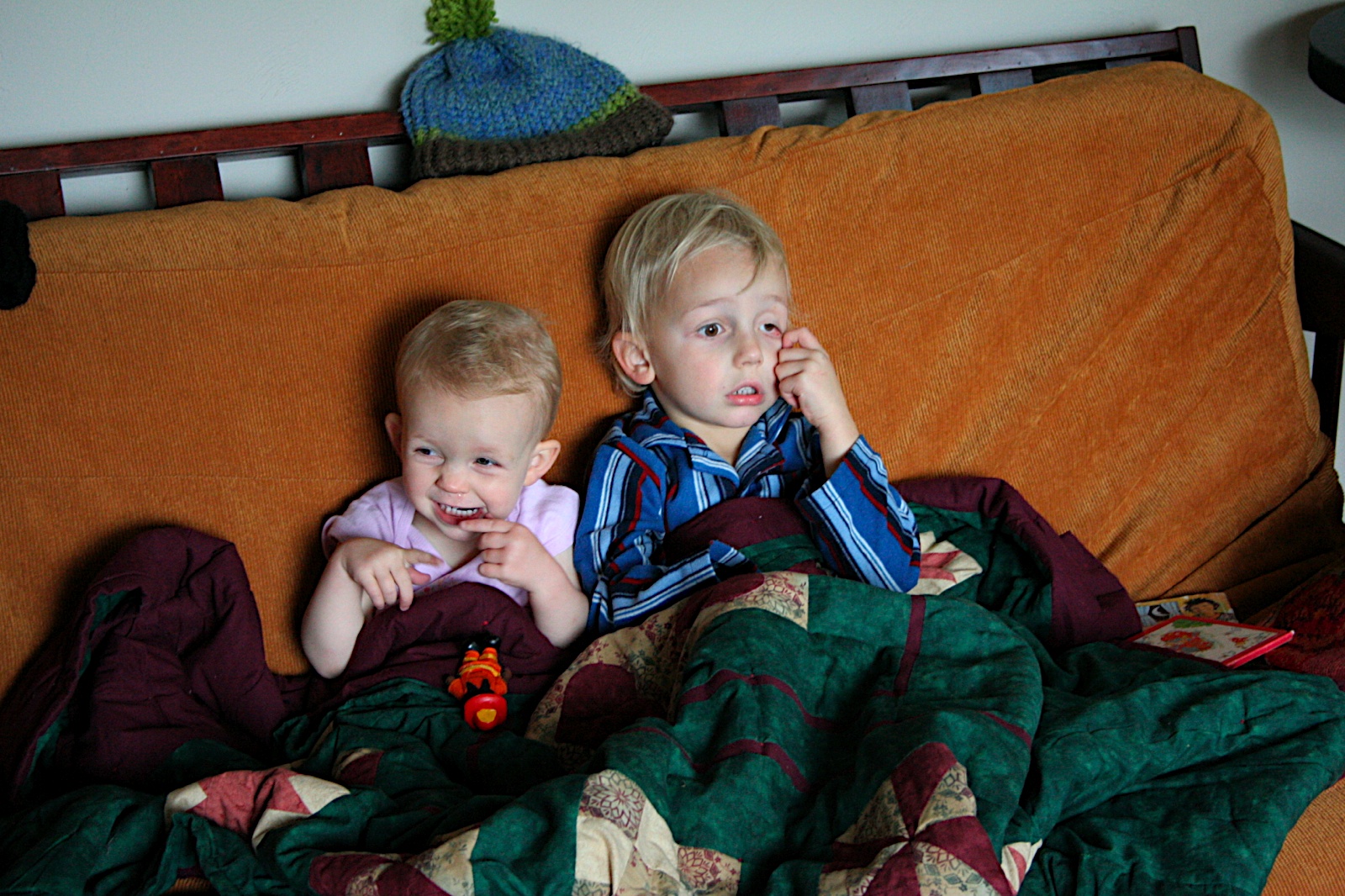

The researchers here found no significant benefit to pairing chemotherapy with surgery. It compared chemotherapy before surgery to surgery alone.

“Neo-adjuvant chemotherapy for operable gastric cancer: long term results of the Dutch randomised FAMTX trial1.” European journal of surgical oncology 30.6 (2004): 643-649. They found that patients receiving radiation and chemotherapy were less likely to have cancer relapse and survived longer. This was compared to patients only having surgery.
Magic trail .com trial#
“Updated analysis of SWOG-directed intergroup study 0116: a phase III trial of adjuvant radiochemotherapy versus observation after curative gastric cancer resection.” Journal of Clinical Oncology 30.19 (2012): 2327. So, the MAGIC trial showed the benefits of perioperative chemotherapy for patients with resectable gastric cancer. The average progression-free survival was around 18 months in Group A. Group A patients lived longer without cancer than Group B patients did over at least 5 years. Also, fewer lymph nodes had cancer in Group A patients than in Group B.

This means the medicine was helpful in treating the cancer. Researchers found that tumors from Group A patients were smaller and less advanced. The removed tumors and lymph nodes were examined. Results: There were no significant differences in post-operative complications, deaths within 30 days of surgery, adverse effects and the length of hospital stay between Groups A and B.

The lymph nodes were examined in the lab to determine if they had cancer cells. The surgeon decided how many lymph nodes should be removed based on the patient’s condition. In gastric cancer, lymph nodes near the stomach can also become diseased and are taken out (known as a lymphadenectomy ). The doctor chose the type of surgery depending on where the tumor was located. This could be a radical total gastrectomy or a radical distal gastrectomy. Surgery: All patients had a type of gastrectomy surgery. The researchers checked up on the patients for the next 5 years. Group B patients had surgery 6 weeks after the start of the trial. It was given intravenously every day of the chemotherapy cycle. Fluorouracil (5-FU) : this drug stops cancer from making more cells.It was also given intravenously on Day 1 of each chemotherapy cycle. Cisplatin (CDDP/CF): this drug stops cancer from making more cells.It was injected as a single dose on Day 1 of each cycle. Epirubicin Hypochloride Injection: this drug kills cancer cells by breaking up the structure of their genetic material.This was repeated again 6-12 weeks after chemotherapy. This was given over 3×3 week cycles So, a total of 9 weeks of therapy were completed 3-6 weeks before surgery. Group A patients received the medicines epirubicin, cisplatin and fluorouracil (ECF routine).Group A had chemotherapy both before and after surgery. Patients had chemotherapy before and after surgery.ĥ03 gastric cancer patients with an untreated Stage 2 tumor were randomly assigned to Group A or Group B. The researchers wanted to know if having chemotherapy would change the overall survival of patients having gastric cancer surgery. This study shares the findings of a Phase III Clinical Trial from the U.K. Published 2006 (July 6 th ) in the New England Journal of Medicine (Vol.Patients who had chemotherapy before and after surgery lived longer than patients who only received surgery. It looked at the effects of surgery with, versus without chemotherapy. MAGIC was a Randomized Controlled Trialfor patients with resectable gastric cancer.


 0 kommentar(er)
0 kommentar(er)
